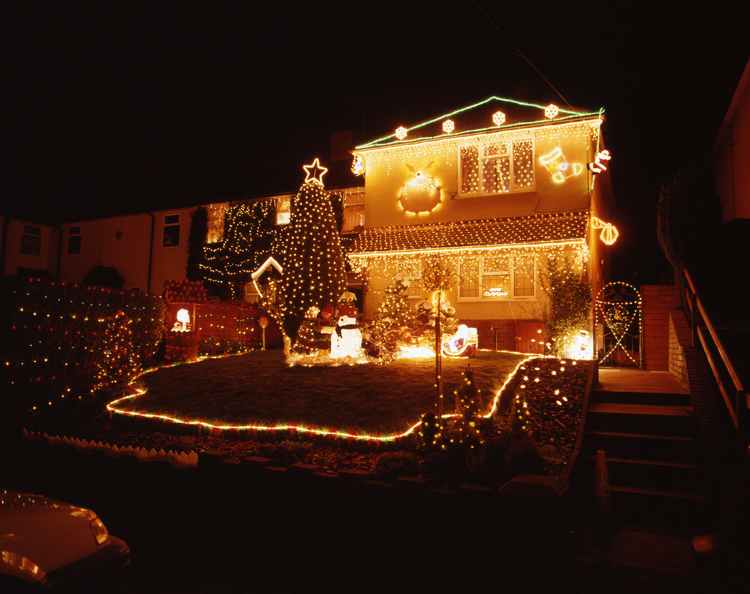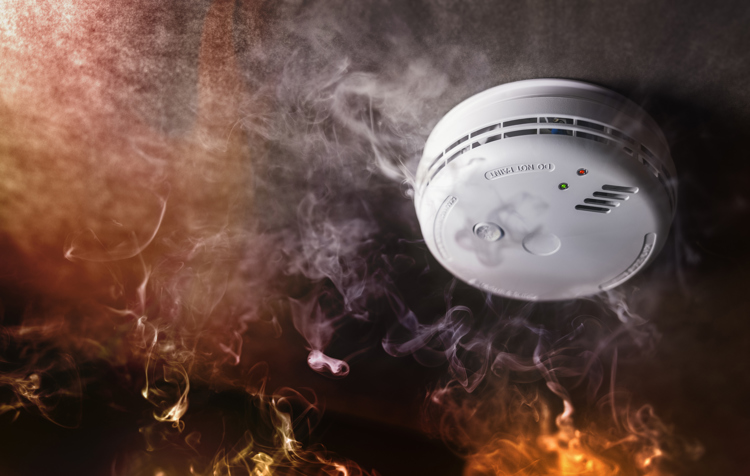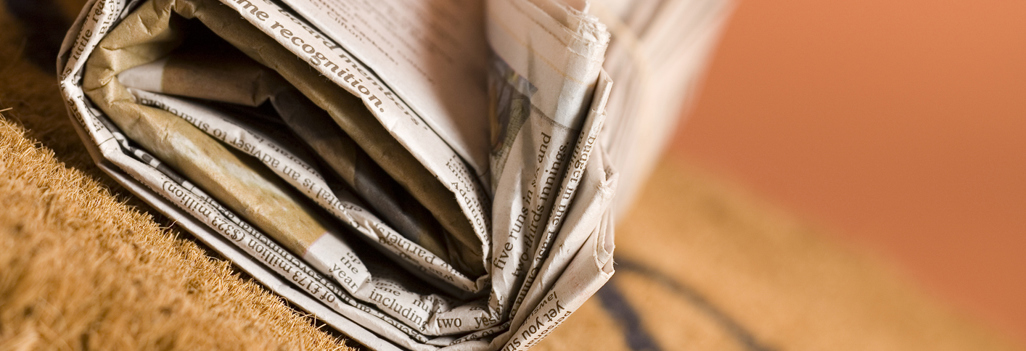Written by: Emma Rose, Communications Manager - Property Maintenance
Christmas is a time for celebration, but fairy lights, trees, candles, and even cooking, can be potential hazards if you’re not careful.
Here’s a few tips to help make sure you and your family stay safe this Christmas.
Fairy lights
Before putting up your lights check them for any damage, including the lights, plug and connections. It’s also a good idea to check that they have the right fuse fitted. The box should tell you the maximum size of the fuse.

If you find any broken wires or bulbs, don’t use them — recycle them responsibly instead.
It’s especially important to check for damage if have older style lights (240V mains powered lights). Blown bulbs not only increase the risk of electric shocks but also cause other bulbs to overheat, making them dangerous near flammable materials such as Christmas trees and decorations.
If you're still using older lights, make sure you replace blown bulbs immediately and always turn the power off before changing them.
Low-voltage LED fairy lights are safer, more energy-efficient, and longer-lasting. LED lights remain cool to the touch, are less likely to break, and significantly reduce fire risks. They are safe to use around Christmas trees, fabrics, and children, making them an ideal choice for your home decorations. Plus, they use 90 per cent less electricity than the old-style lights which will help keep energy costs down.
Always turn your lights off when you go out, and before you go to bed.
When buying new lights, check that they have the British Standard Safety sign.
Wire, cables and plugs
LED lights are safer, but not entirely without risk. The transformer can get warm, so make sure you put it somewhere where air can circulate around it rather than near or under carpets or furniture that might trap the heat and make it more likely to overheat.

When plugging in your lights, don’t overload the sockets by using too many extension cables or multi-socket adapters. If you are using an extension cable make sure it’s fully extended or unravelled to avoid overheating, and don’t plug on into another.
Avoid trailing cables across the floor as they could be a trip hazard.
Outdoor lights

If you’re putting up lights outside, consider using an RCD (Residual Current Device). These can be bought online or from DIY stores, and will automatically cut off the electricity if there’s a fault.
Candles
Never put candles near your Christmas tree, or anything that could catch alight easily such as Christmas cards or homemade decorations.

Make sure any candles are fully out before you go to bed, and never leave a burning candle unattended.
Keep candles and lighters out of reach of children.
Smoke and heat detectors
Your detectors will be checked as part of your annual home safety check, but it’s a good idea to check them regularly yourself too. You can do this by pressing the test button on the alarm, which will sound if it’s working correctly.

If you think that yours aren’t working please let us know by calling 01225 366600 or by visiting MyCuro.
Going away this Christmas?
If you're going to be away from home over Christmas there's a few steps you can take to help keep your home safe and also save some money.
If you're going away overnight it's a good idea to turn off all non-essential appliances (things like TVs, games consoles, and even microwaves) at the plug.
Make sure you always turn off your fairy lights and any other decorations whenever you go out - even if you're only planning to be away from home for a short time.
You should also make sure that you've closed all the doors in your home. This will help contain heat if you have the heating on, and it can also help slow the spread of a fire if one breaks out while you're out. Always make sure that any fire doors are closed when not in use and don't have any damage.
Find out more
For more information about fire safety in your home visit our fire safety web pages.
There’s more advice on fire safety at Christmas on the government website and on the Fire Service website.

